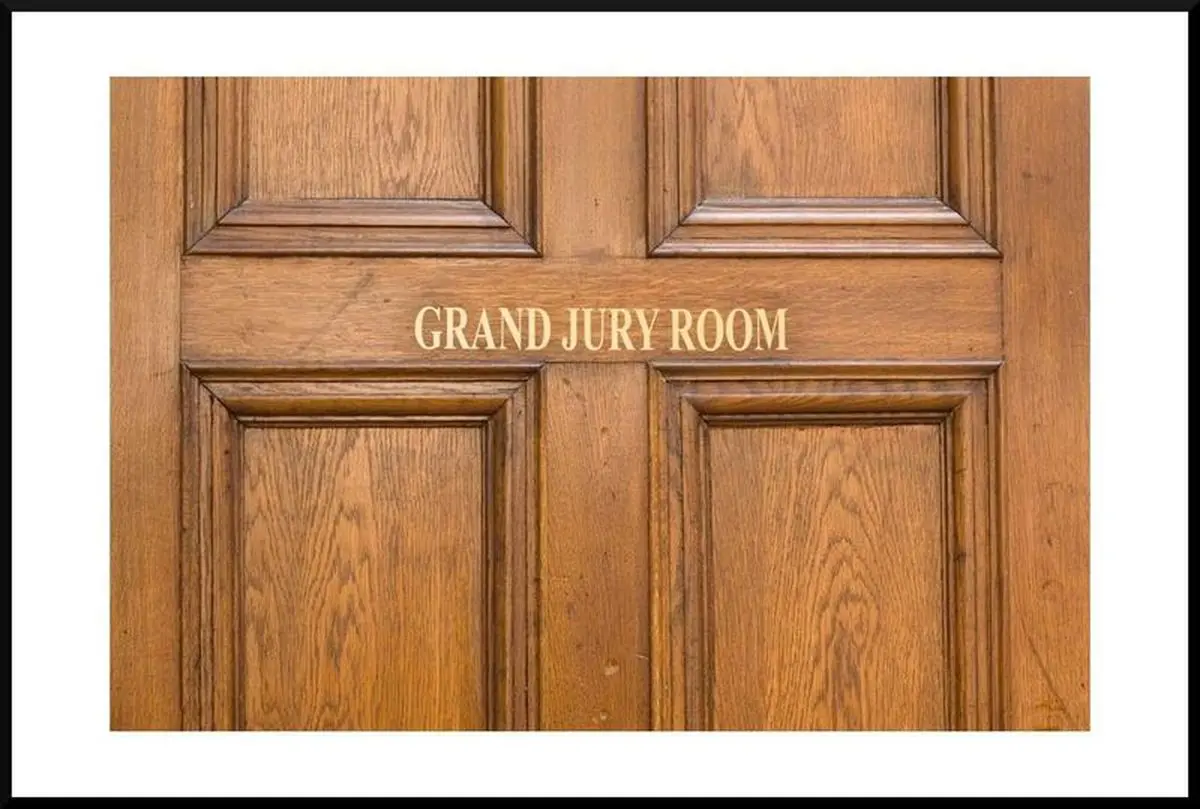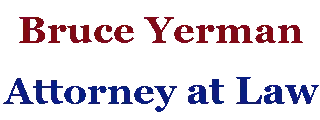By , Leave a Comment

Table of Contents
Your Right to Testify
If you’re accused of a felony in New York, you might have the right to testify at your “grand jury proceeding”. But should you?
Testifying is risky.
Before deciding whether to testify, you should understand how grand jury proceedings work. Only then can you properly weigh the risk of testifying against the risk of not testifying.
Indictment Required for Felony Trial
A district attorney can’t bring you to trial on felony charges without first getting an “indictment”.
A district attorney gets an indictment by presenting evidence to a “grand jury”. A grand jury is a group of 16 to 23 “grand jurors” – regular citizens, like trial jurors, who serve jury duty by hearing evidence at grand jury proceedings.
When the DA finishes presenting evidence, the grand jury votes whether or not to indict you. If the grand jury does not vote to indict you, the case probably will end there. If the grand jury votes to indict, your case will continue towards trial.
Compare Grand Jury Proceedings to Trials
A useful way to understand grand jury proceedings is by comparing them to trials.
The district attorney’s goal at a grand jury proceeding is to “indict” you. The DA’s goal at trial is to “convict” you.
An “indictment” is a piece of paper that formally describes the accusations against you. A “conviction” is the outcome of a criminal case that authorizes the Court to punish you.
Because indictments carry less severe consequences than convictions, the law permits district attorneys to get indictments more easily than convictions.
Here are four reasons why district attorneys can obtain indictments more easily than convictions:
Non-Unanimous Verdict
First, prosecutors don’t need a unanimous verdict to indict you.
After listening to evidence, grand jurors vote whether or not to indict you.
Grand juries consist of 16 to 23 grand jurors. To get an indictment, the prosecutor must persuade only 12 of 23 grand jurors (a little more than half the jurors) to indict you.
Felony trial juries consist of 12 trial jurors. To get a conviction, the prosecutor must persuade all 12 jurors to convict you: this is called a “unanimous verdict”.
Indictments are relatively easy for prosecutors to obtain because they can be based on non-unanimous verdicts.
Low Standard of Proof
Second, the “standard of proof” (certainty of guilt) is very low at grand jury proceedings.
To indict you at a grand jury proceeding, the prosecutor must prove “reasonable cause to believe” that you committed a crime. Think of this as less than 50% certainty of guilt.
To convict you at trial, the prosecutor must prove “beyond a reasonable doubt” that you committed a crime. Think of this as 99% certainty of guilt.
Indictments are easy for prosecutors to obtain because the standard of proof (certainty of guilty) at grand jury proceedings is very low.
Defendant Can’t Cross-Examine
Third, defense counsel can’t cross-examine witnesses at grand jury proceedings.
Grand jury proceedings are conducted in secret. The public is not permitted to attend.
Not even you as the defendant may attend, with one exception: if you choose to testify, you will be present while you testify. However, you may not be present while any other witness testifies.
So, unlike at a trial, at a grand jury proceeding:
- You don’t see who testifies against you.
- You don’t hear the testimony of any witness who testifies against you.
- You don’t see any physical evidence or documents that the prosecutor presents as evidence against you.
- Worst of all, you don’t get to cross-examine witnesses who testify against you: your lawyer can’t question prosecution witnesses to prove the witnesses are mistaken or lying.
Meanwhile, if you testify, the DA gets to cross-examine you – even though you have no right to cross-examine the DA’s witnesses.
Indictments are easy for prosecutors to obtain because defendant’s can’t cross-examine witnesses who testify against them.
DA, Not Judge, Is Legal Advisor to Grand Jury
Fourth, unlike at a trial, where a neutral judge instructs the jury on the law, a far-from-neutral prosecutor – the very person seeking to indict you – is legal adviser to the grand jury.
This heavy thumb on the scales of justice further eases the DA’s task of indicting you.
Not a Level Playing Field
The grand jury proceeding is not a “level playing field”. Compared to a trial, it’s a lopsided proceeding that heavily favors the DA, due to the following features:
- Non-unanimous verdict.
- Very low standard of proof.
- No opportunity to cross-examine witnesses who testify against you.
- The DA is legal advisor.
Prosecutors run the show at grand jury proceedings. For this reason, former New York Chief Judge Sol Wachtler famously observed that a prosecutor could get a grand jury to “indict a ham sandwich”.
The Risk of Testifying
The risk of indictment is always high, even if you testify persuasively, because as discussed above, grand jury proceedings heavily favor the DA.
The risk of testifying at a grand jury proceeding is this:
If you’re indicted after you testify before a grand jury, the DA can use your grand jury testimony as evidence against you at trial.
For example, at trial, the DA will highlight each inconsistency (there always will be inconsistencies) between your grand jury testimony and your trial testimony, and argue to your trial jury that the inconsistencies prove your trial testimony is a lie. The DA won’t have this weapon if you don’t testify at the grand jury proceeding.
Your grand jury testimony won’t exist to be used against you if you don’t testify.
So, if you testify at your grand jury proceeding and get indicted, your chances of winning your trial will be reduced. If your grand jury testimony doesn’t help you, it will hurt you.
Should You Testify?
On one hand, your persuasive testimony might cause a grand jury not to indict you, ending the case at an early stage.
On the other hand, if the grand jury indicts you despite your testimony, your chances of winning at trial will be reduced. A full preview of your defense, provided by your detailed grand jury testimony, will give the DA a much better chance to convict you at trial.
Consult your lawyer to carefully consider whether the potential benefit of testifying before the grand jury is worth the risk.
Free Consultation
Bruce Yerman is an criminal defense lawyer in New York City. His office is located in Suite 1803 of 299 Broadway in Manhattan.
If you’d like a free consultation to discuss grand jury proceedings, or any issue related to criminal defense or family law, call Bruce at:
Or email Bruce a brief description of your situation:

Leave a Reply